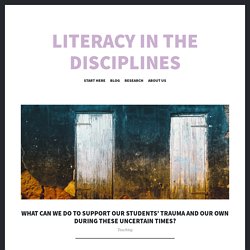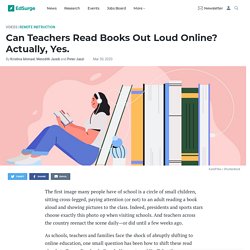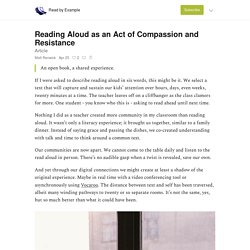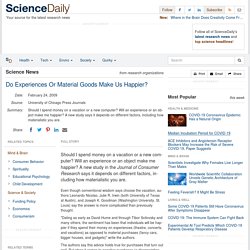

What Can We Do To Support Our Students’ Trauma And Our Own During These Uncertain Times? – Literacy in the Disciplines. By: Dr.

Rachelle Savitz, Clemson University Navigating Your Own Trauma As the past weeks have unfolded, like many of my students and colleagues, the uncertainty of tomorrow, next week, the fall, and the world have caused me to struggle. I find myself experiencing life in a new way that consistently revolves around questioning my surroundings. For instance, when I went to the grocery store weeks ago, the amount of people walking around without a mask, coughing on others, and even one person sweating profusely caused my alarm bells to ring. These same feelings continue as I watch news sources and read friend’s threads on social media about the loss of so many. As each day passes, I am constantly attempting self-care, as Kathleen Pennyway described in her post last week. Navigating Student Trauma: The Importance of Connection to Heal. 100 writers in Canada the world should read. Can Teachers Read Books Out Loud Online? Actually, Yes. The first image many people have of school is a circle of small children, sitting cross-legged, paying attention (or not) to an adult reading a book aloud and showing pictures to the class.

Indeed, presidents and sports stars choose exactly this photo op when visiting schools. And teachers across the country reenact the scene daily—or did until a few weeks ago. As schools, teachers and families face the shock of abruptly shifting to online education, one small question has been how to shift these read alouds to Zoom, Facebook, Google Hangouts and YouTube, the spaces where many classes continue to meet. A second question has been given almost equal importance: Is reading a book to students online even legal? The short answer is, well, yes. What Is Fair Use? Fair use is a provision of copyright law that allows many reading aloud activities to be translated from the classroom to online learning. It’s important to understand why you’re reading aloud to understand if you can rely on fair use. Reading Aloud as an Act of Compassion and Resistance - Read by Example. An open book, a shared experience.

If I were asked to describe reading aloud in six words, this might be it. We select a text that will capture and sustain our kids’ attention over hours, days, even weeks, twenty minutes at a time. The teacher leaves off on a cliffhanger as the class clamors for more. One student - you know who this is - asking to read ahead until next time. Nothing I did as a teacher created more community in my classroom than reading aloud. Our communities are now apart. And yet through our digital connections we might create at least a shadow of the original experience. Taking the time to devote to read aloud is an act of both compassion and resistance. Compassion, because we expect nothing of our students except to enjoy the story and develop understanding. ED531909. Fisher & Frey Book Club. The Global Read Aloud – One Book to Connect the World.
Storyline Online. Do Experiences Or Material Goods Make Us Happier? Should I spend money on a vacation or a new computer?

Will an experience or an object make me happier? A new study in the Journal of Consumer Research says it depends on different factors, including how materialistic you are. Even though conventional wisdom says choose the vacation, authors Leonardo Nicolao, Julie R. Irwin (both University of Texas at Austin), and Joseph K. Goodman (Washington University, St.
"Dating as early as David Hume and through Tibor Scitovsky and many others, the sentiment has been that individuals will be happier if they spend their money on experiences (theatre, concerts, and vacations) as opposed to material purchases (fancy cars, bigger houses, and gadgets)" write the authors. The authors say this advice holds true for purchases that turn out well. Highly materialistic individuals, the authors found, were equally happy with their positive purchases and equally unhappy with negative purchases whether they were experiences or material goods.